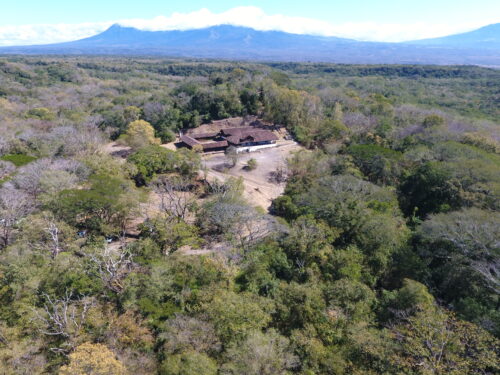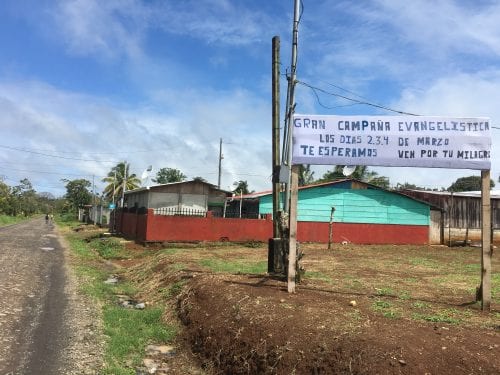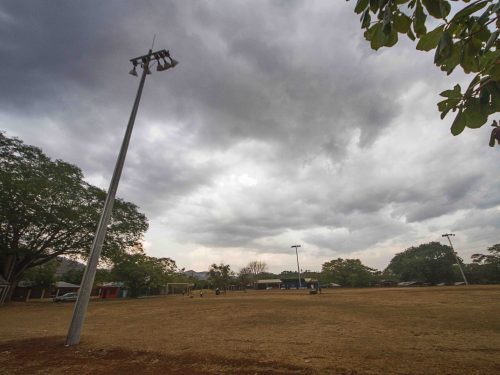
The National Roads Authority (Conavi) and the National Concessions Council (CNC) will likely no longer exist in the near future.
The demise of the institutions would come from the result of a bill being drafted that is receiving significant support, including from the Ministry of Public Works and Transport (MOPT) and minister Carlos Segnini, which have authority over Conavi.
The bill aims to create a large, new institute called the National Infrastructure Institute (INI) which would absorb both of the functions currently conducted by Conavi and the CNC. The INI would be a large government institute, on the scale of the Costa Rican Electricity Institute (ICE).
The bill will be presented to the Legislative Assembly during the first quarter of 2015, and most experts believe the bill, which has the support of the MOPT itself, will pass into legislation. In fact, steps are already being taken towards Conavi’s eventual closure, according to a number of sources.
Randall Murillo, executive director of the Costa Rican Chamber of Construction (CCC), told El Financiero this week that he also believes the closures of Conavi and CNC is the right decision, saying that both institutes have “collapsed” and are incapable of managing the country’s road infrastructure.
Calls for the closure of Conavi began in October of last year, when the Public Ombudsman’s Office, known locally as the Defensoría de los Habitantes, recommended the immediate closure of the institution.
In its report at the time, the Ombundsman’s Office said that lack of investment, poor execution and bureaucracy at Conavi were responsible for the vast majority of the 1,330 bridges in the country being in “deplorable” conditions.
The report continued that Conavi had failed in its administrative function to manage resources and implement infrastructure works to meet the country’s needs.
“By the clear deterioration in the national road network and bridges it can be concluded that Conavi is not able to fulfill its functions in terms of maintenance and upkeep, nor has it achieved acceptable performance in managing new works,” the report continued.
“[…] Irregularities and deficiencies […] coupled with the country’s failing road infrastructure make it clear the need to analyze the appropriateness of the current management model,” the 2013 report concluded.
A more recent report from the International Monetary Fund (IMF) would support this view.
In a report it issued earlier this year, the IMF pointed out that Costa Rica has the highest gasoline prices but the worst roads in Central America. One-third of the cost of fuel in the country is actually tax that is delivered to Conavi, intended for road maintenance and repairs.







Comments